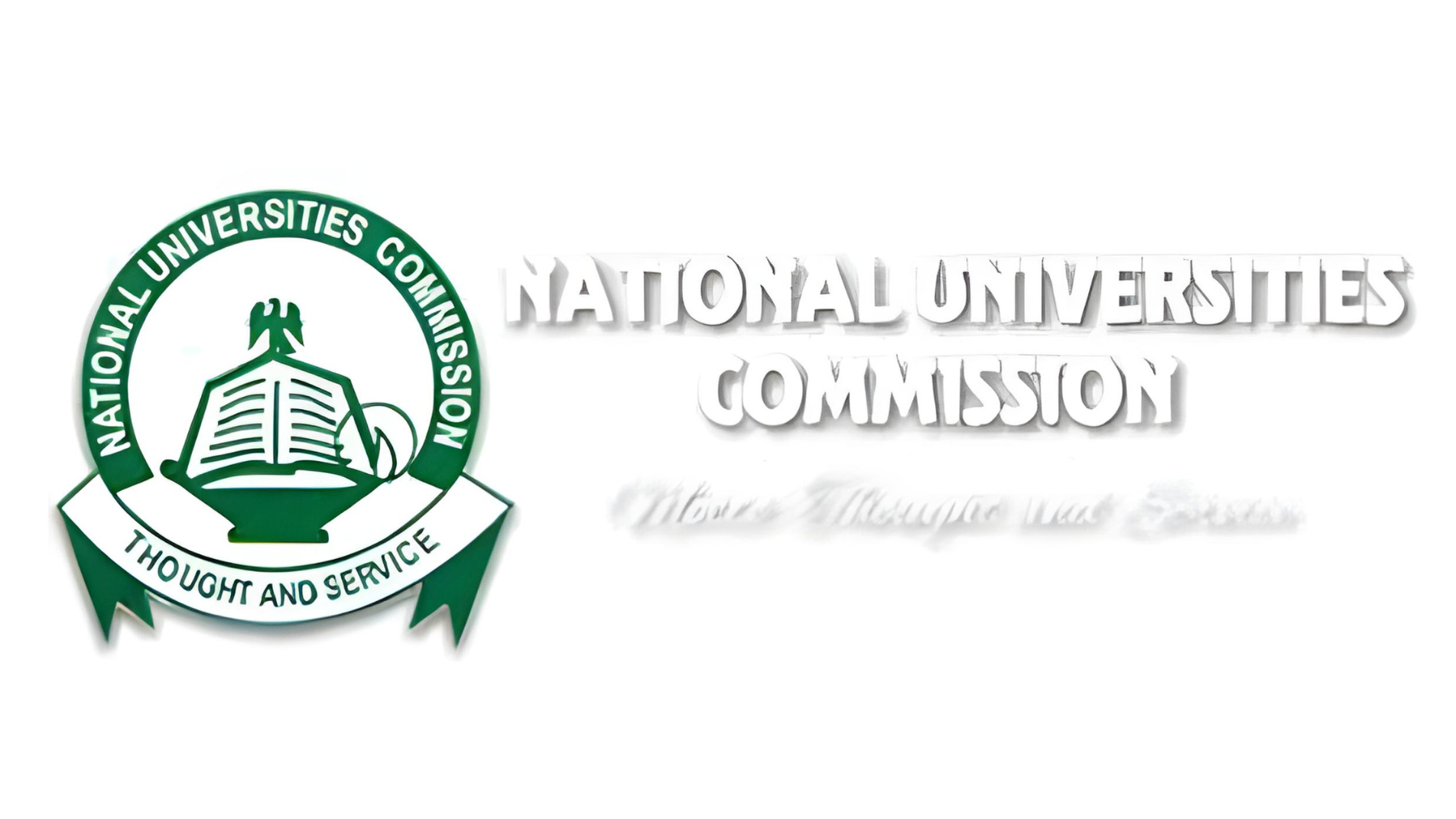At least, a total of 67,751 candidates are sitting for the National Businesses and Technical Examinations Board (NABTEB) 2024 May/June National Technical Certificate and National Business Certificate (NBC/NTC) examinations nationwide.
Minister of Education, Professor Tahir Mamman, while monitoring the exercise at the Government Science and Technical College, Area 3, Abuja, announced that the government is coming up with a policy framework for enhanced skills acquisition at all levels of education in Nigeria.
He revealed that the National Skills Framework would be officially launched in September for all schools, from basic to tertiary institutions in the country, to compulsorily implement.
According to him, the framework is designed to provide the appropriate skills for each level of education, and between now and August, the document will be presented to stakeholders for adoption before its full implementation in September.
Recall that President Bola Tinubu recently approved system-wide policies to comprehensively overhaul the education sector to improve learning and skill development, increase enrolment, and ensure the academic security of the nation’s children.
The approved policies were captured as DOTS, an acronym representing: Data Repository, Out-of-School Children Education, Teacher Training & Development, and Skill Development & Acquisition.
The Minister noted, “As you all know, the Federal Government has come up with DOTS policy, and skills are the ‘S’ in DOTS, and we are looking at introducing skills from the basic to the tertiary level.
“Skills, like I said, are a top priority; we want to build for Nigeria middle-class manpower, which is what we believe will help us address the issues of unemployment and the development of the country,” he stated.
Mamman commended the Registrar/Chief Executive Officer of NABTEB, Prof. Ifeoma Isiugo-Abanihe, for the hitch-free and orderly conduct of the examination, saying the government has now shifted focus to technical and vocational education, where students, pupils, and learners acquire skills right from the primary level.
He noted that the framework, when implemented, would help resolve the challenges of the skills gap, learning poverty, and graduate unemployment in Nigeria, noting that students before graduation would have acquired skills to stand on their own as well as set up their businesses or workshops to be able to employ people.
He added that the students from the technical colleges would not have challenges funding their education whenever they wanted to further their education because of the scholarship scheme that President Bola Ahmed Tinubu has introduced.
The Minister said: “One of the major policies of this administration we are set to push through the entire education system, whether at the federal or state levels or private schools, is the introduction of skills in all schools in Nigeria, right from primary school.
“Every institution would be required to provide various skill sets for students, and our plan is to launch the scheme in September this year. We are done with the skills framework; we have finished populating that framework with the necessary skills, and we are having a final stakeholder meeting between now and August for adoption. Once it is adopted, all schools will be bound to implement this new programme.
“This is going to be a game-changer for the country in terms of students; when they finish, they will be readily available for employment, and it will also address the issues of learning and students not being able to learn well because it will be highly interactive and quite involving from the beginning.
“Once students are in a very interactive setting both in practical and in the classroom, they learn more and better; this is what is coming,” he stated.
The Registrar of NABTEB, who disclosed that a total of 67,751 candidates were sitting for the examinations nationwide, noted that the number of students who registered for the board’s examination was a bit higher than last year because of the ongoing enlightenment of parents, students, and other stakeholders.
She said on graduation, students are provided dual certificates of the National Technical Certificate (NTC) and the National Business Certificate (NBC), which they can use to secure jobs in universities and other tertiary institutions, just like the National Examination Council (NECO) or the West African Examination Council (WAEC).
She added that the plan of the current administration is to saturate everywhere with skills so that the issue of unemployment will be a bygone one.
The Permanent Secretary of the of the Federal Ministry of Education, Didi Walson-Jack, commended NABTEB for doing a good job in ensuring smooth conduct of the examination, saying “everything is well organised and the classes are comfortable for the students to take the examination.”.
She, however, expressed worry over the low registration of females for the examination, saying this calls for concern because the current administration wants females to get into Science, Technology, Engineering, and Mathematics (STEM) education and compete favourably with the male gender.
She, therefore, urged parents and teachers to encourage the girl child to become what God wants them to be.
Share this post





Be the first to comment on this post